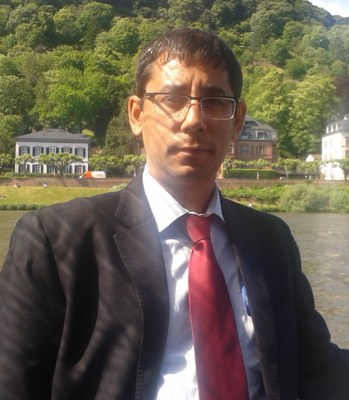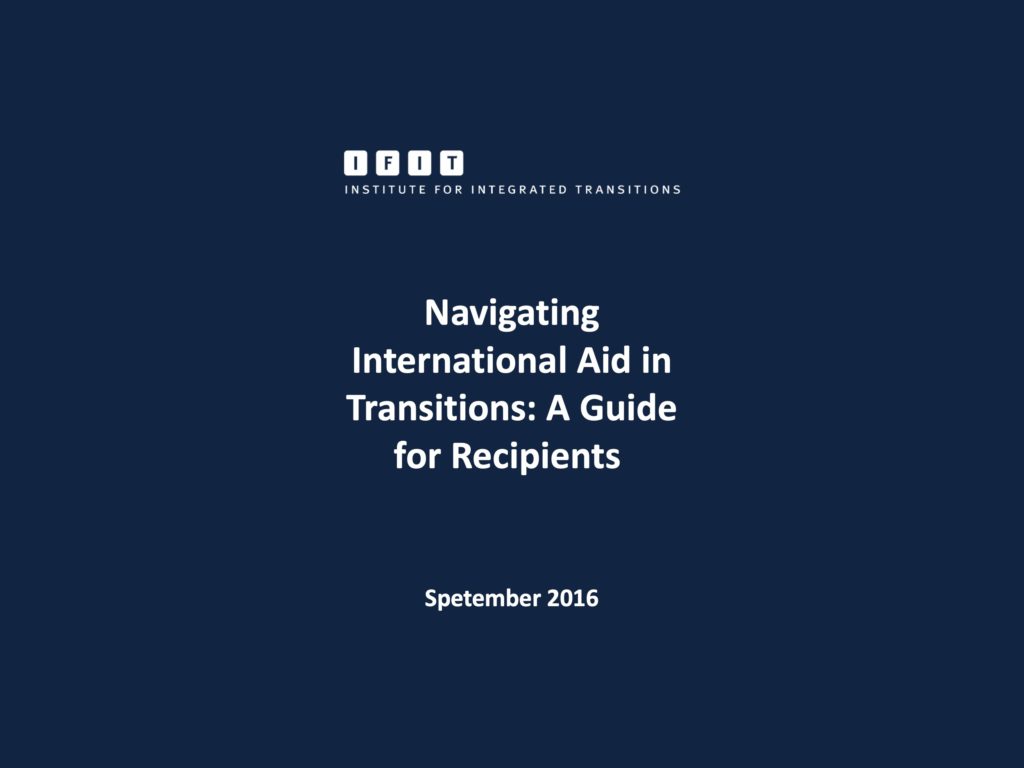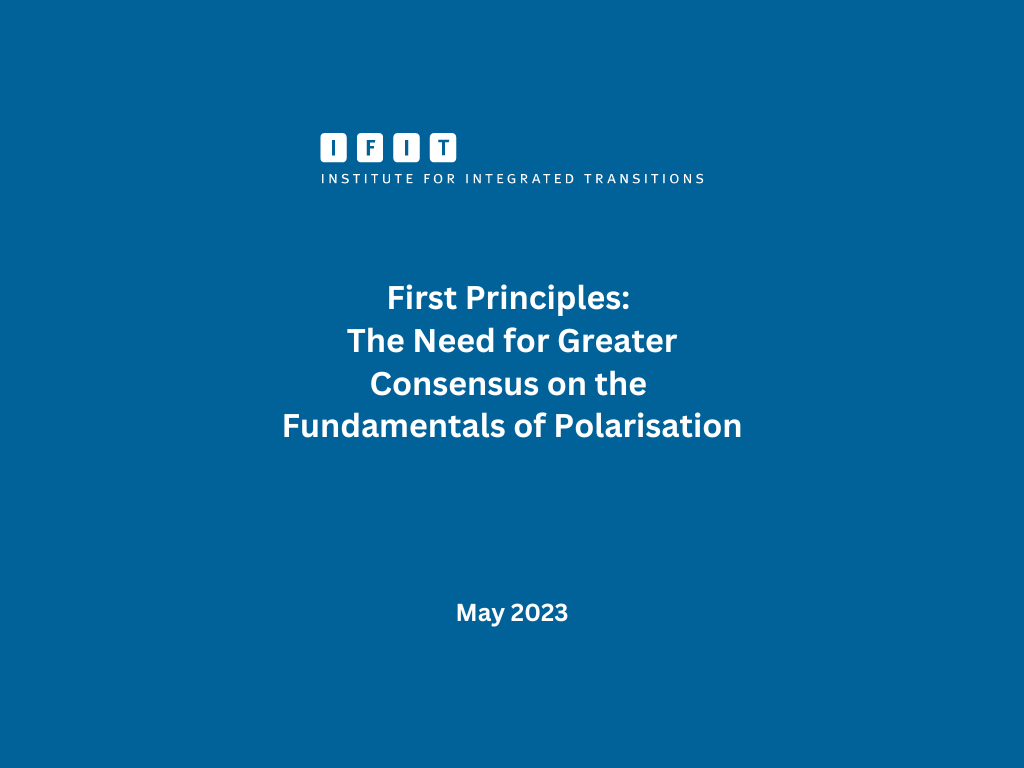
Transition Assistance Practice Group /
Souheil Kaddour
Souheil Kaddour is a Tunisian tax lawyer and university lecturer on taxation and anticorruption. He has assisted and advised various organisations (national and international, public and private, governmental and non-governmental) including the United Nations Development Program (UNDP), United Nations Office on Drugs and Crime (UNODC), Instance National de Lutte contre la Corrupton (INLUCC), Institut Arabe des Chefs d’entreprises (IACE), Centre des études juridiques et judiciaires (CEJJ) and others. Currently, he is a Member of the Anti-Corruption Academic Initiative (ACAD/UNODC).
From 2012 to 2015, Souheil was Advisor to the Tunisian Minister of Justice, Human Rights and Transitional Justice. In the role, he participated in drafting many texts, led several projects and directed many technical commissions related to the Tunisian democratic transition. Souheil has published several papers and given many national and international conferences in the areas of governance, anticorruption, tax reforms and transition.
In 2016, he was selected by INLUCC & UNDP as National Expert to review and elaborate the National Strategy for Good Governance and Anti-Corruption 2016-2020 and its Action Plan 2017-2018.
You may also be interested in

page
Transition Assistance Practice Group

page
Recommended Readings – Transition Assistance

publication / Transition Assistance
Navigating International Aid in Transitions: A Guide for Recipients
- English
- Español
- Français
- العربية

publication / Global Initiative on Polarization
Prinsip Pertama: Perlunya Konsensus yang Lebih Luas mengenai Dasar-Dasar Polarisasi
- Español
- Français
- العربية
- Português
- русский
- فارسی
- 中文
- Kiswahili
- हिंदी
- English

publication / Global Initiative on Polarization
प्रथम सिद्धांत: ध्रुवीकरण के बुनियादी सिद्धांतों पर अत्यधिक सहमति की आवश्यकता
- Español
- Français
- العربية
- Português
- русский
- فارسی
- 中文
- Kiswahili
- English
- Bahasa

publication / Global Initiative on Polarization
Kanuni za Kwanza: Hitaji la Makubaliano Mapana Zaidi Kuhusu Misingi ya Utengano
- Español
- Français
- العربية
- Português
- русский
- فارسی
- 中文
- English
- हिंदी
- Bahasa

publication / Global Initiative on Polarization
第一原则 需要对极化的基本概念进一步达成共识
- Español
- Français
- العربية
- Português
- русский
- فارسی
- English
- Kiswahili
- हिंदी
- Bahasa

